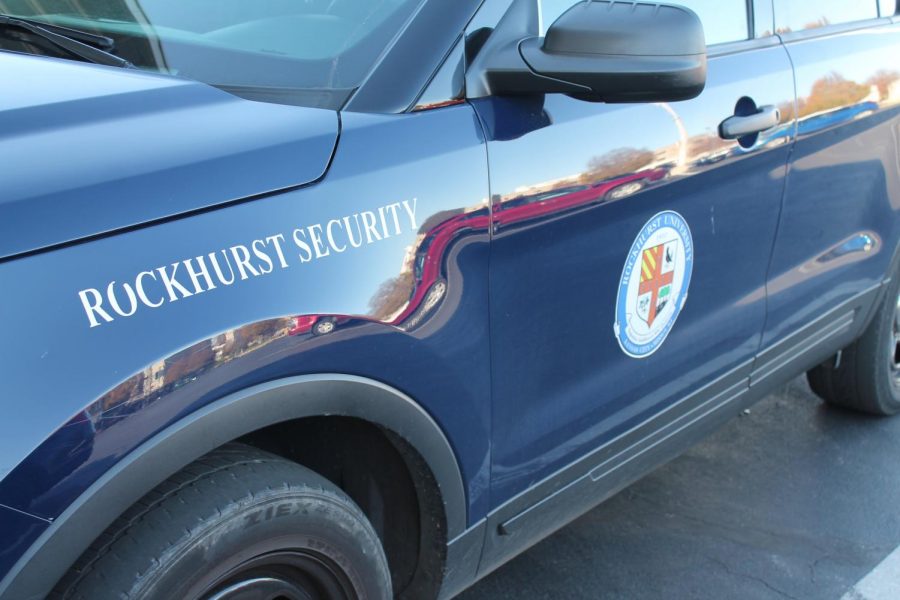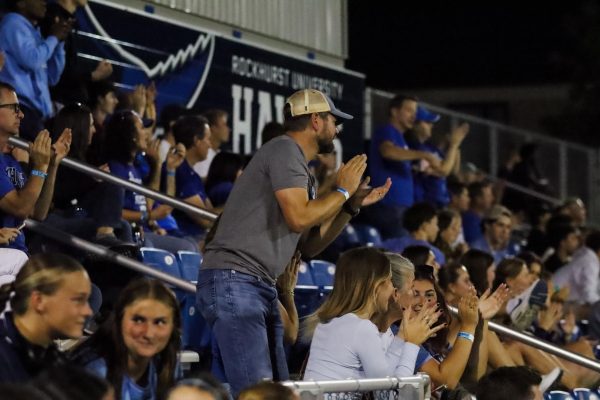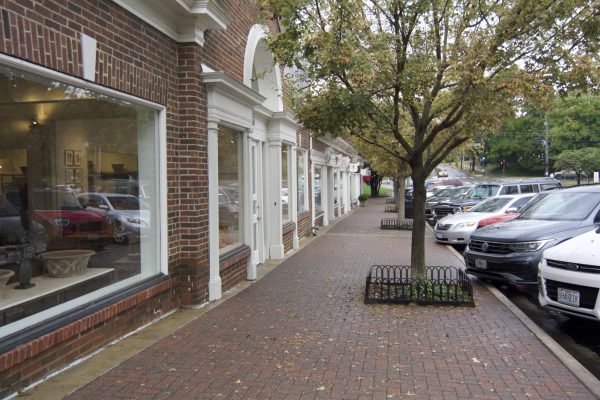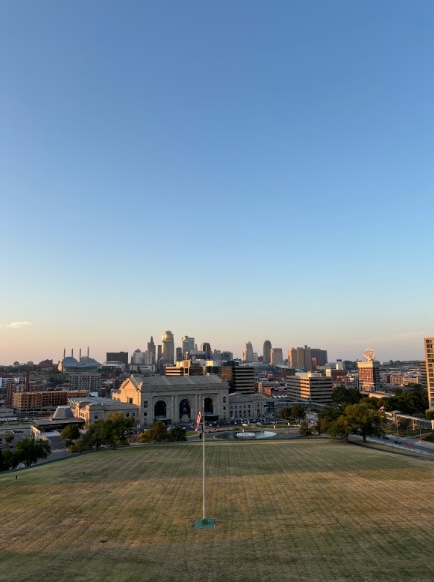Living in Kansas City in 2020
Rockhurst University calls Kansas City home. And while campus can sometimes feel like a bubble of safety, being in the heart of the city means there is still crime.
2020 has been a whirlwind of events, including a homicide crisis. The Kansas City, Missouri Police Department has reported 161 homicides. The number continues to increase and already surpassed the number of homicides in previous years, including in 2017 which The Kansas City Star called the “bloodiest year in the city’s history.”
The rising homicide rate has students wondering if they need to be more cautious about their safety than in years past.
Craig Watz, a lecturer of criminal justice at Rockhurst, has a unique perspective on what the state of crime in Kansas City may mean for the campus community. He came to teaching after a 25-year career in the FBI, where he held positions as a hostage negotiator, a supervisor for both the Weapons of Mass Destruction Unit in Washington, D.C., and the domestic terrorism squad in Minneapolis, and a special agent based in Kansas City for the joint terrorism taskforce.
In 2017, Watz began teaching criminal justice at Rockhurst, where he also serves as director of its prison outreach program, which offers college credit courses to inmates at the Chillicothe Correction Center, in Chillicothe, Missouri.
Although Watz makes it very clear there is no one cause of crime and it is nearly impossible to prevent, he does believe there are a few aspects contributing to the uptick of crime in the city.
One he identified a crisis of mistrust in law enforcement. Watz said Kansas City has a history of racial division and believes communities may take things into their own hands rather than contacting the police.
“Within their community, they feel that they can handle things on their own rather than calling law enforcement or someone to assist in mediating the problems,” Watz said.
Watz continued, “to go hand in hand with that, I think we have an increase in drugs, we have an increase in alcoholism and a lack of an appropriate way to deal with mental illness.” More people are feeling stressed from COVID uncertainties such as unemployment. Watz believes this is further contributing to the mental health crisis Kansas City is facing.
In order to address the problem of crime in Kansas City, federal units were called out to carry out “Operation Legend” on July 8, 2020. Watz believes Operation Legend helped in the short term by closing many cases which would not have closed without the extra resources. However, Watz does not believe the federal government went about this operation correctly.
“It would have been much better to offer a carrot rather than a stick,” Watz said. For example, he said police departments were not given a choice to receive outside agencies’ assistance which departments may have felt imposed rather than an opportunity for help.
“When you are dealing with fighting crime, rather than putting a band-aid on the wound, I think the way you address long term goals is to really change the mentality, educate people and reinforce the concept that law enforcement is a partner” Watz said, of the long term effects of Operation Legend.
Changing the mentality of the community reinforces Watz’ belief in the community concept of policing. “I believe we as a community would be much better off if everyone is invested in being proactive to protect against crime.”
And in Kansas City, that includes the safety of students. What can they do to keep themselves and their community safe?
“We never know what is going to happen, regardless of where we are,” Watz said of student safety, before adding, “the best thing you can do is always be aware of where you are and never put yourself in a situation where someone can take advantage of you.”
He suggests staying in groups of two or three. “Everyone enjoys freedoms, and the opportunity to do what they want to do, which means somebody bad can hurt you if that’s what they chose they want to do” Watz said, encouraging students to constantly be aware of their surroundings and avoid naivety.
Watz also encourages each of his students within his Intro to Criminal Justice course to do a ride along with a law enforcement officer, which he says gives citizens the opportunity to see what law enforcement does everyday and gives us a better impression of the level of discretion officers use in their day-to-day job.
“If you really want to know about your community,” he added, “take it upon yourselves to know what the facts are.” He encourages students and citizens to not jump to conclusions based on what we presume we know. It is easy for citizens to see law enforcement officers in a negative light due to the fact that we typically only interact with officers when we are in trouble.
Alongside Watz’ safety suggestions, Rockhurst Security always recommends students to put their safety first, be prepared to defend themselves, and use judgement as your most effective weapon. In case of emergency, Rockhurst Security can be reached by dialing 4010 from any campus phone, or dialing (816) 501-4010 from your cell phone. Remember “4010 is your friend.”
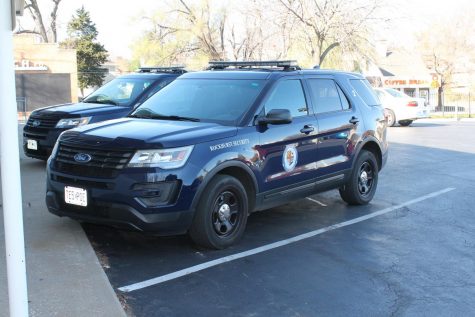
Edited by Micaela Gutierrez


